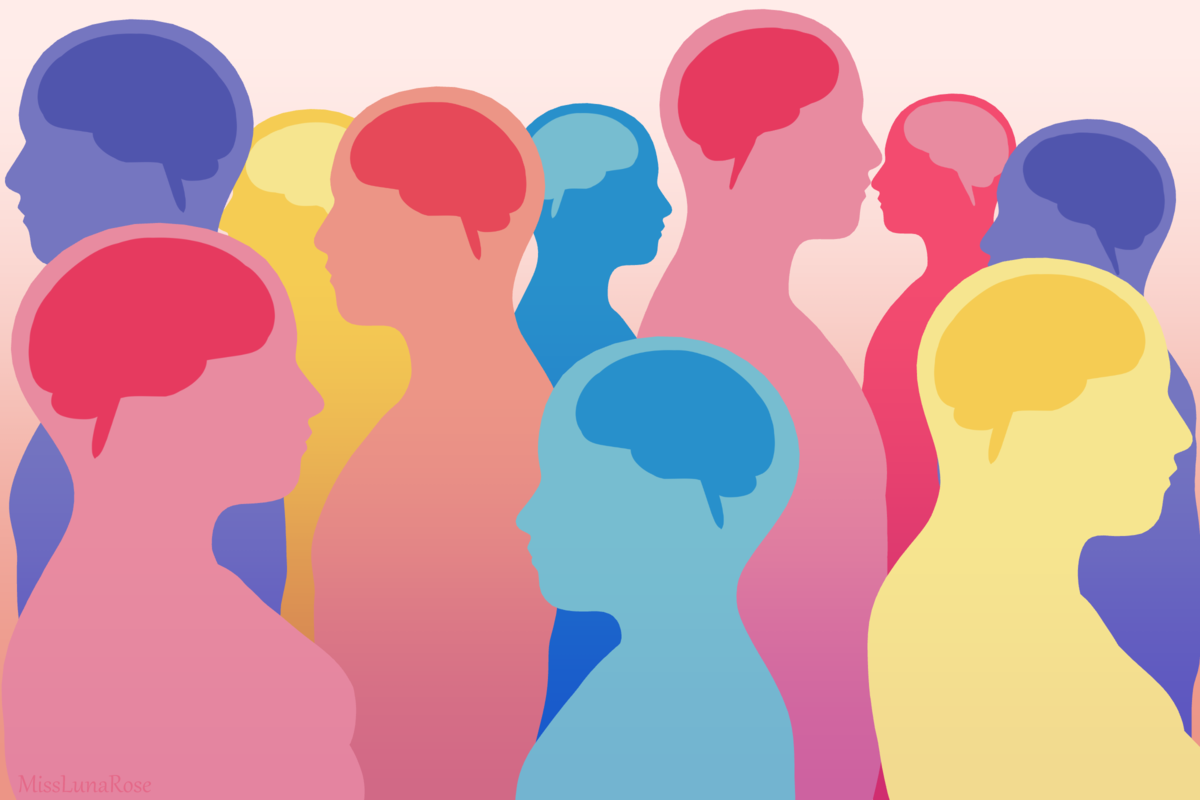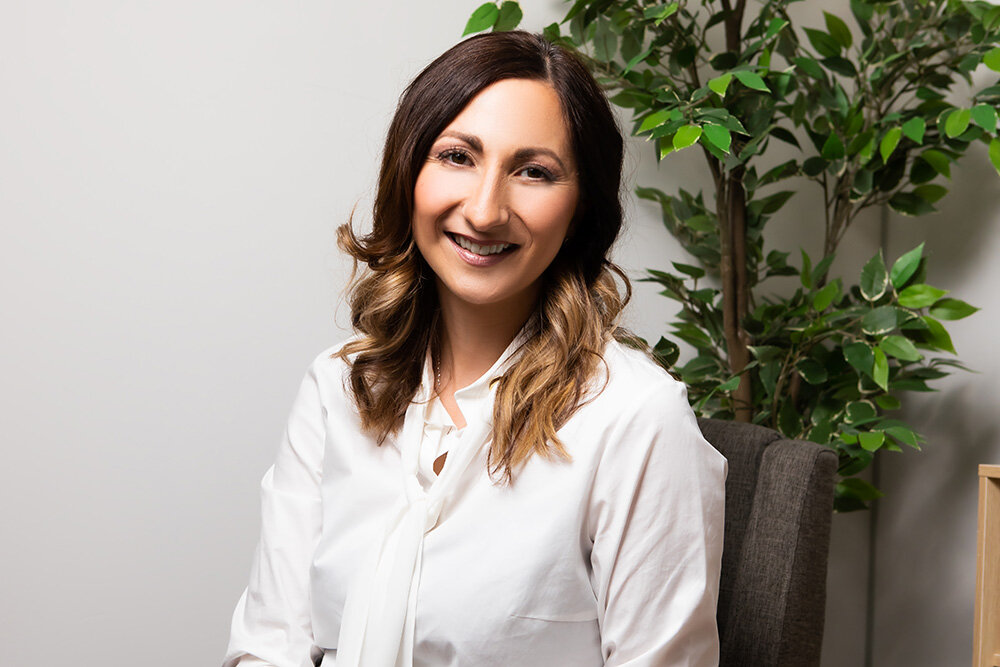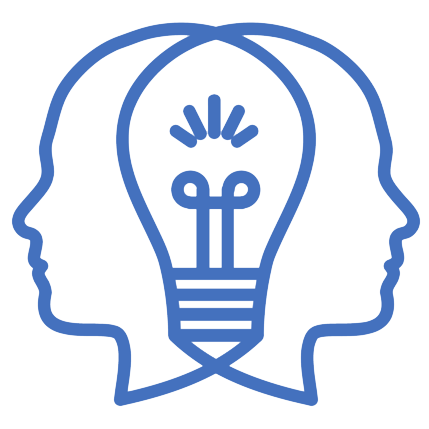What is Autism?
Autism is a condition that affects how a person thinks, feels, interacts with others, and experiences their environment. It is estimated that 1 in 70 people are on the autism spectrum. It is a lifelong disability that starts when a person is born and stays with them into old age. Every Autistic person is different to every other. This is why autism is described as a ‘spectrum’.

Signs of Autism in Children
Children display different autistic traits depending on their age. Here are some things to look out for in young children compared to older children:
Signs in Younger Children:
- not responding to their name
- avoiding eye contact
- not smiling when you smile at them
- getting very upset if they do not like a certain taste, smell or sound
- repetitive movements, such as flapping their hands, flicking their fingers or rocking their body
- not talking as much as other children
- repeating the same phrases
Signs in Older Children:
- not seeming to understand what others are thinking or feeling
- finding it hard to say how they feel
- liking a strict daily routine and getting very upset if it changes
- having a very keen interest in certain subjects or activities
- getting very upset if you ask them to do something
- finding it hard to make friends or preferring to be on their own
- taking things very literally – for example, they may not understand phrases like “break a leg”
Don’t wait for a diagnosis!
As the parent of a child with ASD or related developmental delays, the best thing you can do is to start treatment right away. Seek help as soon as you suspect something’s wrong. Don’t wait to see if your child will catch up later or outgrow the problem. Don’t even wait for an official diagnosis. The earlier children with autism spectrum disorder get help, the greater their chance of treatment success. Early intervention is the most effective way to speed up your child’s development and reduce the symptoms of autism over the lifespan.
If you have concerns about your child, we are here to support you. Email or call Mindspace Psychology today and make time to chat with a qualified mental health clinician. We offer both face-to-face and telehealth consultations.



